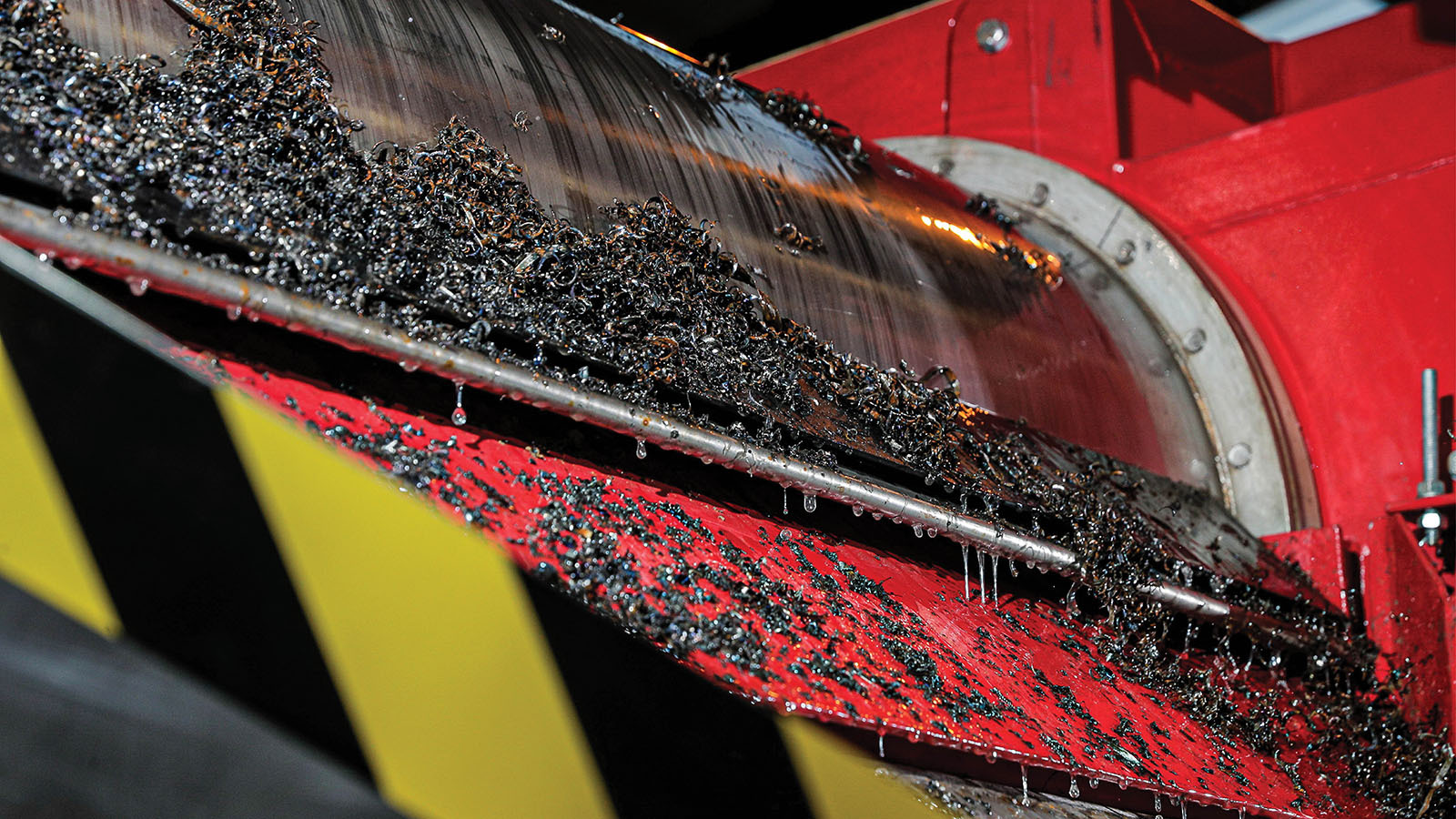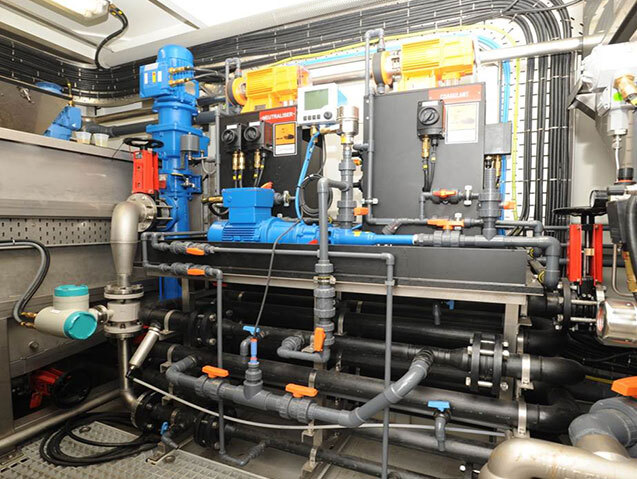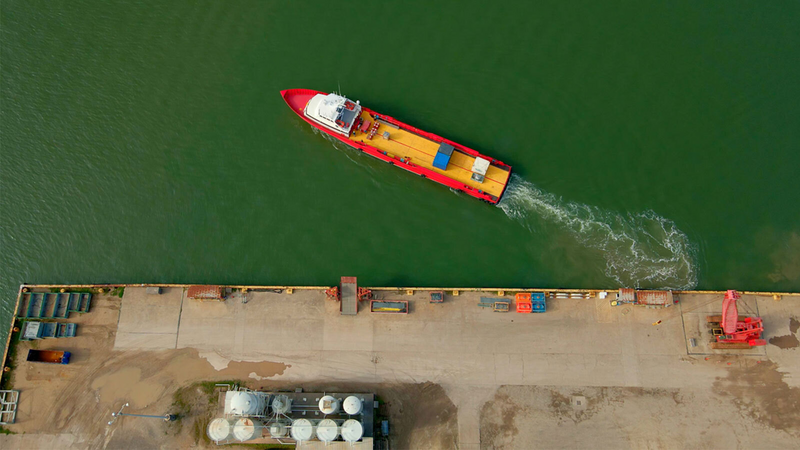 Search
Search
 Search
Search

Unit provides environmentally responsible alternative to shipping wastewater to shore for treatment
Download PDFDeep Water

Find a solution to reduce the volume of waste shipped to shore to lower costs

United Kingdom North Sea
The North Sea is recognized as one of the core global oil and gas provinces, attracting major investments and leading technologies over many decades. Now, as the province is reaching maturity, the focus is increasingly shifting to brownfield development, thus demanding new, lower-cost operating models. In this environment, agile and innovative technical solutions are needed to help drive down costs, promote business efficiency, and extend field life.
Environmental regulations have always been carefully enforced in the North Sea, with nearly all drilling-related waste being shipped to shore for treatment, incurring significant costs. The regulations do allow treated water-based fluids to be discharged directly to sea from the drilling rigs, provided strict specifications are met. In a great many cases, however, the rigs either do not have the necessary equipment or space for retrofitting units to allow them to meet discharge criteria. A North Sea operator needed to find a solution that would reduce the volume of waste being shipped to shore.
Halliburton, working closely with this operator, proposed the installation of a BaraH2O™ offshore slops treatment unit on board an ultra-deepwater semi-sub drilling rig, to substantially reduce the volume of waste shipped to shore. The BaraH2O unit is fully modularized in a 20-foot (6-meter) container, thus minimizing its footprint on the rig. The unit is extremely efficient and solids tolerant, typically reducing wastewater shipment volumes by 95 percent by producing clean water for discharge. Treatment rates range between 50–95 bbl/hr (8–15 m3/hr), using a combination of chemical treatment and dissolved air flotation (DAF) processes. Water quality exiting the unit is continuously monitored for total petroleum hydrocarbons (TPH) by using an in-line device, the EX1000 oil-in-water analyzer.
A BaraH2O unit was successfully and safely installed on the rig. For this customer’s application, the unit processed and discharged 35,147 bbl (5,588 m3) of water-based waste deriving from drilling and completion operations, rig cleaning, and contaminated rainwater. This volume represented a very significant win for the customer in terms of cost savings, operational efficiencies, and environmental risk mitigation; it avoided the time-consuming, risky, and costly rig-to-ship transfer and onshore treatment of an equivalent volume of contaminated waste fluid.
USD saved in onshore treatment and disposal costs
bbl waste processed and discharged
USD in waste-treatment costs saved
The Baroid BaraH2O unit allowed the customer to achieve real and significant cost savings. Almost USD 875,000 in waste-treatment costs were saved from the unit’s operation, making it a very viable and environmentally responsible alternative to shipping wastewater to shore for treatment. These cost savings, along with the direct and indirect operational efficiencies achieved, are extremely important for the sustainability of brownfield developments in maturing provinces like the North Sea.
The direct economic value created by the BaraH2O unit can be summarized as follows:

Halliburton slops treatment helps operators achieve higher profit margins from process-driven execution, advanced technologies, and extensive experience.

Halliburton leads the drilling and completion fluids industry with cutting-edge solutions, including advanced drilling fluids and solids control technologies.
